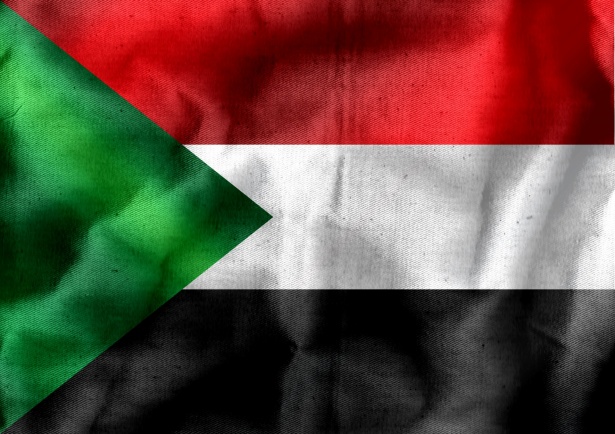NGS will now end daily reporting – please contact: risk@northcottglobalsolutions.com to discuss any specific requirements.
Update Day 19
Heavy fighting continued in Khartoum yesterday evening, including air strikes and artillery. Fighting was reportedly heaviest around political and military infrastructure. The East Nile hospital has once again been targeted. This morning, small arms fire has been heard in the vicinity of the Republican Palace. A spokesman for the SAF has again accused the RSF of breaking into the homes of soldiers in Khartoum, and kidnapping families and dependents. Schools and colleges in the city have been reportedly looted and destroyed. The Indian embassy has been attacked and looted, according to the ambassador.
Diplomatic sources have reported that SAF and RSF intend to begin negotiations in Riyadh this morning. At the same time, the South Sudan government has reported that both sides have already now agreed to a seven-day truce. However, this has not been confirmed by spokesmen for either Hemedti or al-Burhan.
Martin Griffiths, the under-secretary-general for humanitarian affairs and emergency relief co-ordinator at UNOCHA, landed in Port Sudan this morning to start looking at the humanitarian situation in the country. UNICEF and UNHCR are both providing equipment and personnel, with many of their staff coming from local volunteers. MSF has driven some aid to Khartoum from Port Sudan. 80 tons of emergency medical equipment is in Port Sudan awaiting customs clearance, and a further 3 tons is awaiting delivery from WHO depots in UAE.
The last UK evacuation flight from Sudan will take place today from Port Sudan. A small UK military detachment is expected to remain in the city for some time, with the support of a Royal Navy vessel off the coast.
Assessment
It is unclear whether the main negotiations are being conducted in Riyadh or have already been conducted in Juba, and it may be that both governments are seeking international recognition for their peacekeeping operations. In reality, hopes are not high for a serious ceasefire, given that there have been several so far that have all been ignored; but it is more likely that the planned negotiations in Riyadh will focus more on how to help provide humanitarian assistance without necessarily making any political or strategic concessions. Most likely this will result in no practical ceasefire at all, and if it theoretically permits the delivery of international aid, then aid organisations are still unlikely to experience a wholly safe environment.
South Sudan has one of the greatest interests in securing peace in Sudan, given the number of refugees currently crossing the border seeking humanitarian assistance from one of the poorest countries in the world. Although a successful intervention by Juba would increase the international profile of President Salva Kiir, it is unclear if this has been agreed by either side, and it is unlikely if it would have any actual positive impact on the conflict.
Martin Griffiths’ demands are based around the protection of civilians and civilian infrastructure, and include the safe passage for those fleeing conflict areas and respecting medical facilities. Given the behaviour of both sides in the last fortnight of fighting, and given the apparent limitations of command and control between leaders and ground combatants, his mission will need significant buy-in at ground level for it to be a success.
The scale of humanitarian assistance is a reflection of the importance with which this conflict is seen in the region, particularly the wider threat that it poses to the health and wellbeing of civilians, not only of those in Sudan, but of those in regional areas of Chad, South Sudan, Ethiopia, Central African Republic and Libya. With international staff now less inclined to assist in the current environment, local Sudanese nationals appear to now be conducting much of the delivery and transport themselves.
The remaining UK military unit in Port Sudan will be able to help secure the port from further conflict, as the international focus is clearly shifting to the provision of humanitarian aid.
